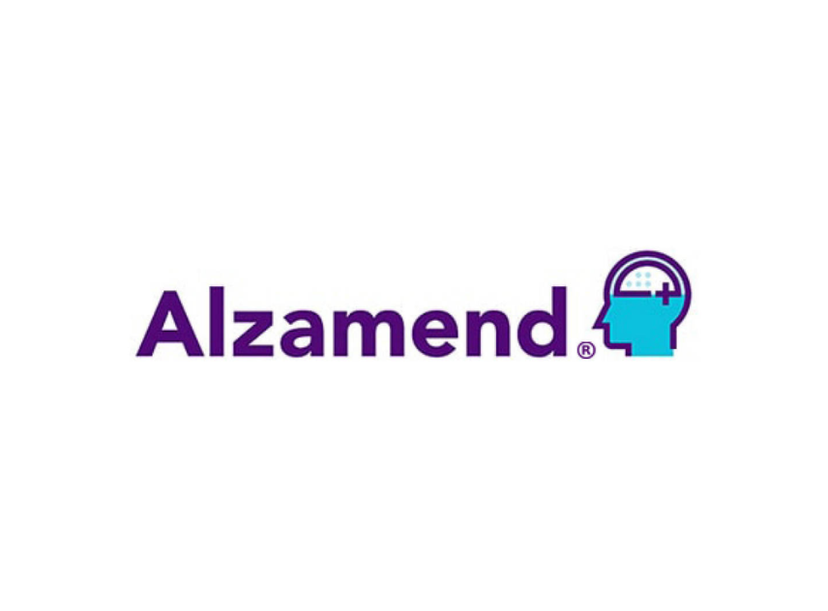Alzamend Neuro's AL001 formulation highlights its potential to treat disorders such a Alzheimer's
By potentially removing the requirement for lithium therapeutic drug monitoring (TDM), AL001 could transform treatment for at-risk patient groups and enhance clinical outcomes
25 Nov 2025
Alzamend Neuro, Inc. (Alzamend), a clinical-stage biopharmaceutical company focused on developing novel products for the treatment of Alzheimer's disease, bipolar disorder, major depressive disorder and post-traumatic stress disorder, has announced the completion of the clinical portion of its first Phase II clinical study of AL001, in healthy human subjects.
In collaboration with Massachusetts General Hospital as the clinical trial site, Alzamend is investigating the distinctive characteristics of AL001. The primary objective is to assess how AL001 delivers lithium to the brain compared to marketed lithium salts, evaluating its ability to achieve better therapeutic efficacy while minimizing systemic side effects.
This clinical study utilized a unique, engineered head coil developed by Tesla Dynamic Coils BV (Tesla). This one-of-a-kind technology grants the capability for high-resolution, whole-brain lithium imaging, which allows for the precise quantification of lithium within specific brain structures.
The resulting proprietary imaging data sets will be used to establish a foundational reference, helping Alzamend accurately identify the optimal, disease-specific target doses of AL001. These findings will inform the planned Phase II clinical trials in Alzheimer's, bipolar disorder (BD), major depressive disorder (MDD), and post-traumatic stress disorder (PTSD), which are all expected to be initiated next year, and confirm that AL001 offers a superior balance of safety and efficacy compared to conventional lithium carbonate.
Prior research in mice has demonstrated that AL001 achieves superior brain uptake while keeping blood lithium levels lower, setting the stage for safer and more effective therapies.
By potentially removing the requirement for lithium therapeutic drug monitoring (TDM), AL001 could transform treatment for at-risk patient groups and enhance clinical outcomes.
Lithium is widely recognized as a highly effective first-line option for managing manic episodes and maintenance in BD, yet its adoption has been limited by TDM challenges. Lithium salts approved by the U.S. Food and Drug Administration currently face a narrow therapeutic index, necessitating frequent clinician-monitored plasma lithium and blood chemistry tests to prevent adverse effects.
Through reduced systemic exposure, Alzamend's innovative AL001 formulation may represent a paradigm shift in treating disorders such as Alzheimer's, by lowering the risks of kidney and thyroid complications commonly associated with conventional lithium regimens.
What is AL001?
AL001 is a novel lithium-delivery system that has the potential to provide the benefits of marketed lithium salts while mitigating or avoiding currently experienced toxicities associated with lithium.
Results from Alzamend's completed Phase IIA multiple-ascending dose study of AL001 in Alzheimer's patients and healthy subjects identified a maximum tolerated dose (MTD), as assessed by an independent safety review committee. This MTD is designed to be unlikely to require TDM while providing lithium at a relatively modest but effective dose.
AL001 is designed to favorably distribute lithium in the brain resulting in lower exposure of other body organs and an improved safety profile compared to currently marketed lithium salts. This can serve to mitigate or obviate the disadvantageously low ceiling for toxicity of marketed lithium salts that has limited their usefulness to patients and prescribers.
"The completion of the clinical portion of our Phase II trial of AL001 marks a pivotal milestone in our mission to deliver a next-generation lithium therapy with improved safety, superior brain penetration, and no need for TDM," said Stephan Jackman, Chief Executive Officer of Alzamend.
"We extend our heartfelt gratitude to the patients and investigators for their invaluable time and dedication to this study. Their contributions were essential to its successful completion. We look forward to reporting topline data in the first quarter of 2026 and further advancing clinical development of this promising potential therapeutic," he added.
